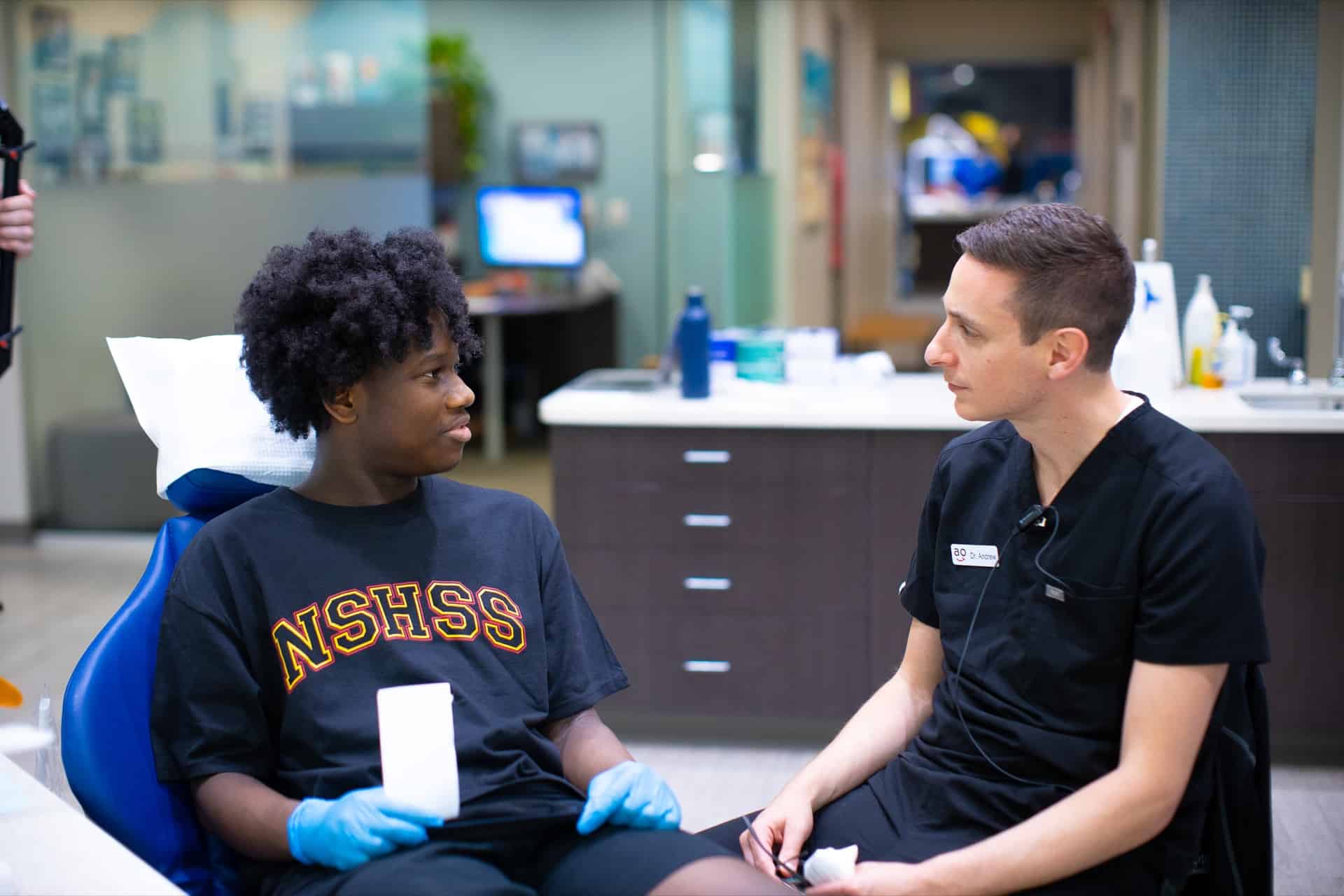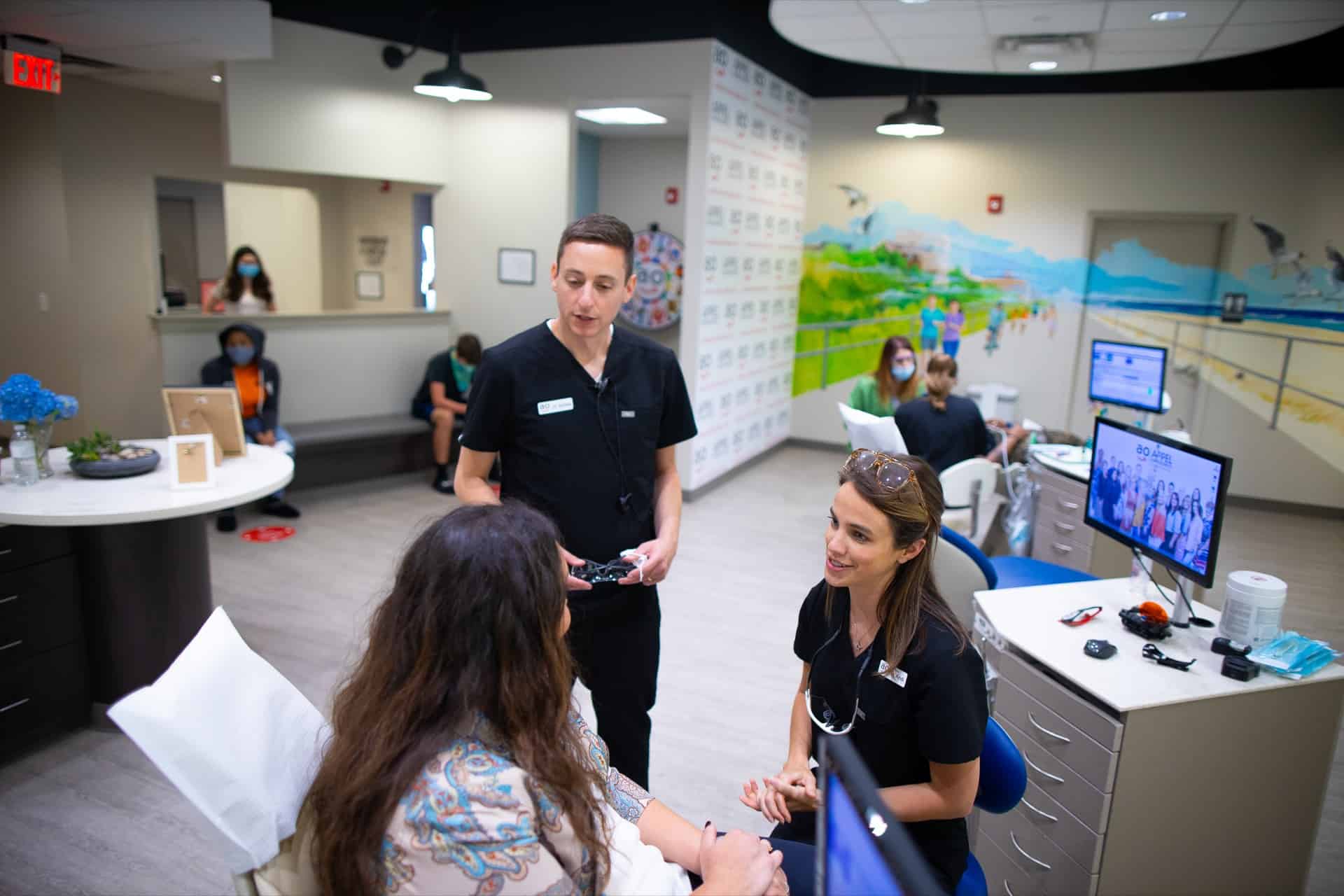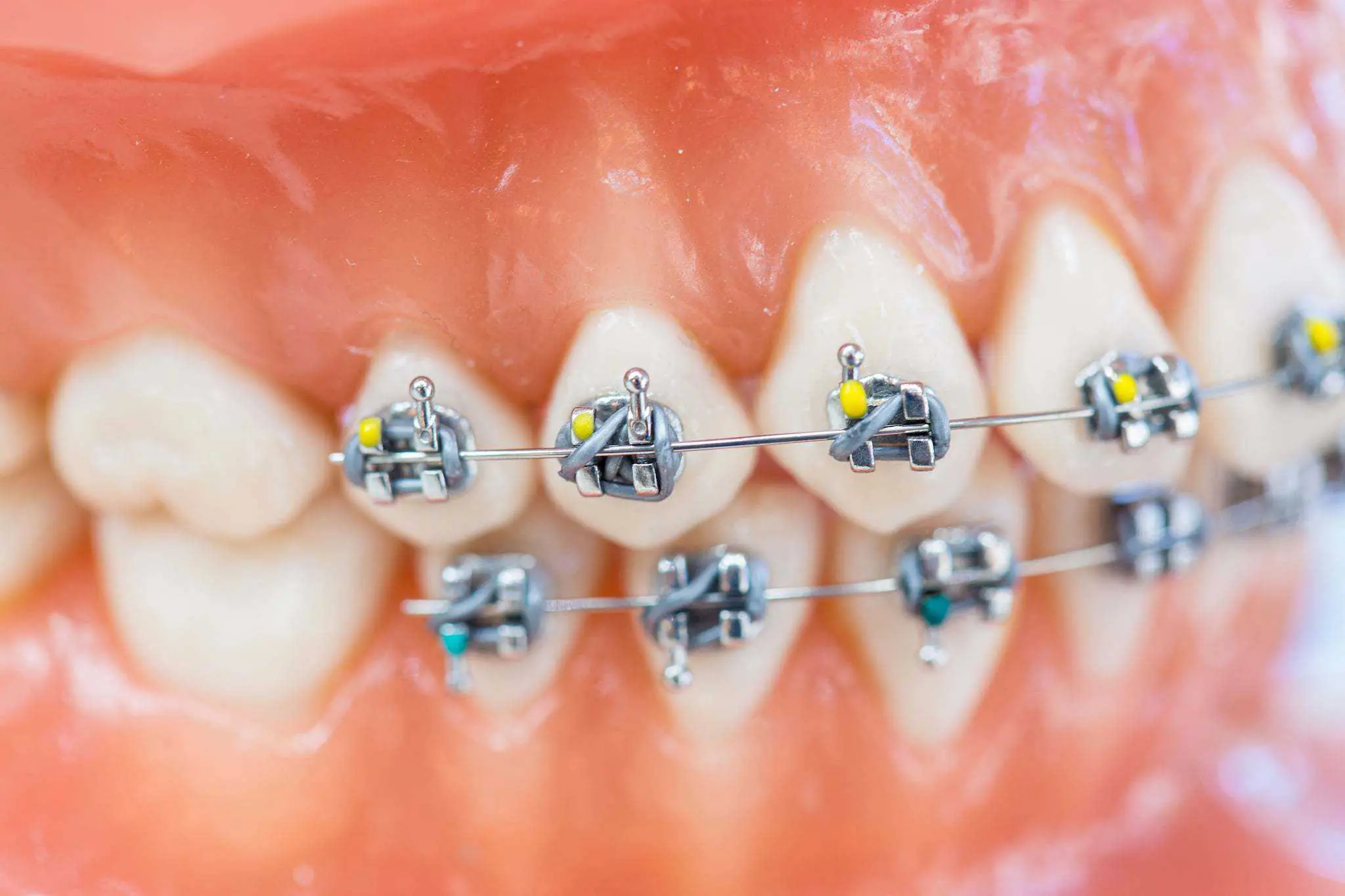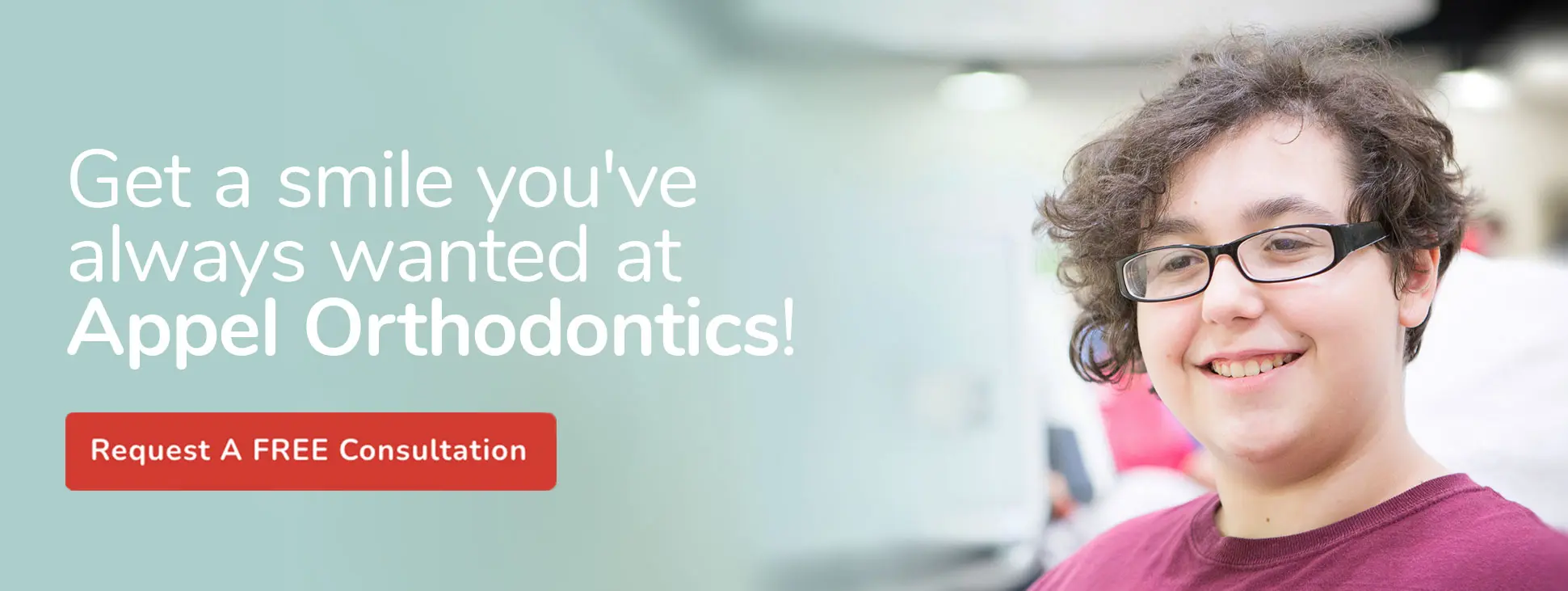It’s an exciting time to get braces or Invisalign and start the journey toward a beautiful, new smile. Our patients are often eager to start the braces process or their treatment with Invisalign. However, they sometimes call a day or two later asking about headaches from braces or Invisalign. Can braces cause headaches? Or worse, can orthodontics cause migraines? It’s possible to feel some discomfort early on and immediately after an office visit. Often, other factors are involved in causing headaches, and those factors are what the braces or Invisalign are trying to fix!
Appel Orthodontics will work with you to customize your treatment and make it the most comfortable treatment possible, but you should be prepared for some discomfort. It’s normal as your teeth begin moving and when your braces are tightened or your clear aligner trays are switched out. But you may also grind your teeth either before or at the start of your orthodontic braces treatment, which can cause headaches and even migraines. We have some tips on how to alleviate the pain and make your orthodontic treatment easier.







